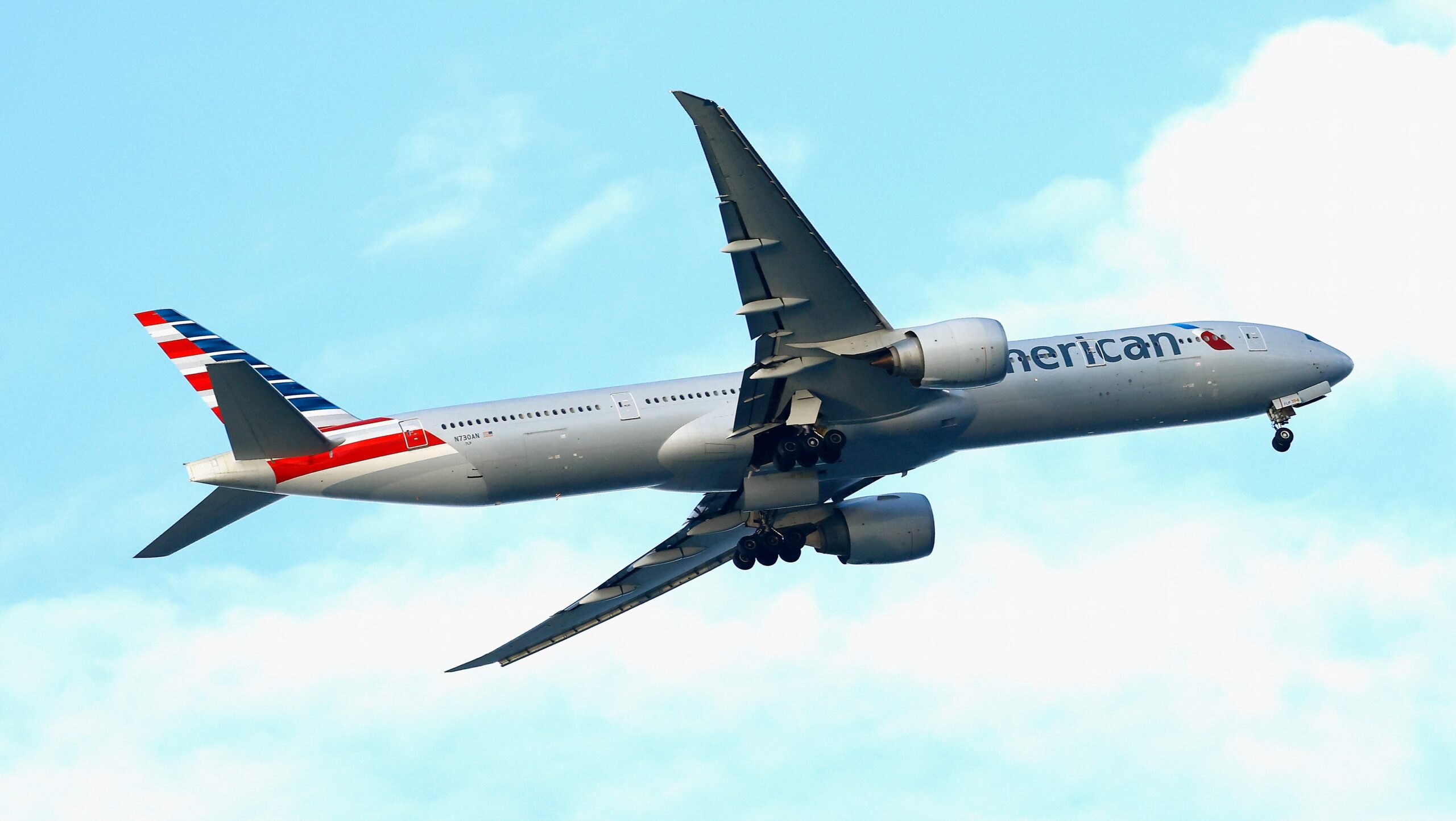A group of several major U.S. airlines is suing the U.S. Department of Transportation over its new rule that requires upfront and transparent disclosure of airline travel fees.
The department issued new rules in April that mandate airlines and ticket agents disclose all service fees with airfares in hopes of helping customers avoid unexpected travel costs. In response, the lobbying group Airlines for America, alongside American Airlines, Delta Air Lines, United Airlines, JetBlue Airways, Hawaiian Airlines, and Alaska Airlines, all filed a lawsuit against the Transportation Department in the U.S. Fifth Circuit Court of Appeals on May 10.
The group of airlines said in a May 13 statement that the new rule would only confuse customers. They said the department’s rule is “beyond its authority” and an “attempt to regulate private business operations in a thriving marketplace.”
According to the group’s lawsuit, the rule is “arbitrary, capricious, an abuse of discretion, and otherwise contrary to law.”
In April, the Transportation Department said the new rule could help customers pay fewer fees when traveling via airlines, adding that they are already overpaying $543 million in fees every year. The department argued that airlines are raking in additional money from surprised customers who pay initial fees and then “need to pay a higher fee at the airport to check a bag.”
Many airlines already charge larger fees for any customers who do not pay in advance to check their bags, and several increased fees for checked baggage earlier in the year.
In response, the Transportation Department said baggage fees or flight change fees “must be individually disclosed the first time that fare and schedule information is provided on the airline’s online platform and cannot be displayed through a hyperlink.”
The department hopes the new rules will stop “bait-and-switch tactics some airlines use to disguise the true cost of discounted flights” and also prevent airlines from promoting discounts off a “low base fare that does not include all mandatory carrier-imposed fees.”
The group of airlines called the department’s rule a “bad solution in search of a problem.” Southwest Airlines, which endorsed portions of the new rule, was absent from the lawsuit.
The Transportation Department responded to the lawsuit in a statement to The Epoch Times.
“We will vigorously defend our rule protecting people from hidden junk fees and ensuring travelers can see the full price of a flight before they purchase a ticket. Many air travelers will be disappointed to learn that the airline lobby is suing to stop these common-sense protections,” a spokesperson said.
An Airlines for America spokesperson told The Epoch Times that “U.S. airlines care deeply about the customer purchasing experience from first search to final purchase and invest heavily in their websites and mobile apps to ensure both transparency of all costs and ease of use for each customer with a purchase path tailored to that customer’s specific choices.”
“The ancillary fee rule by the Department of Transportation will greatly confuse consumers who will be inundated with information that will only serve to complicate the buying process,” the spokesperson added.
The airline group argued that companies already disclose all fees related to air travel upfront before customers purchase their tickets. Airlines accumulated almost $6.8 million in baggage fees in 2022 alone and $5.5 billion in the first nine months of 2023 as well.
A portion of the rule requires companies to tell customers that their ticket purchases automatically guarantee seats and that paying extra fees to secure a seat is unnecessary. The airlines must post a notice that says, “A seat is included in your fare. You are not required to purchase a seat assignment to travel.”
However, the same group of airlines did not challenge a different rule issued by the Transportation Department in April that mandates automatic cash refunds whenever airlines cancel a flight and passengers decline to take a different flight option.
“Too often, airlines drag their feet on refunds or rip folks off with junk fees,” President Joe Biden said on April 24. He said the rule would guarantee “automatic refunds to passengers when they’re owed and protect them from surprise fees.”
Lawmakers included the rule regarding flight cancellation refunds in the five-year Federal Aviation Administration reauthorization bill that passed through the U.S. Senate on May 9. The House has until May 17 to pass its version of the bill after it voted to extend the original deadline by one week on May 8. President Biden expressed support for the bill and said he would sign it once it reached his desk.
Reuters contributed to this report.
From The Epoch Times
Sign up for NTD Daily
What you need to know, summarized in one email.
Stay informed with accurate news you can trust.
Success! You are now subscribed.


